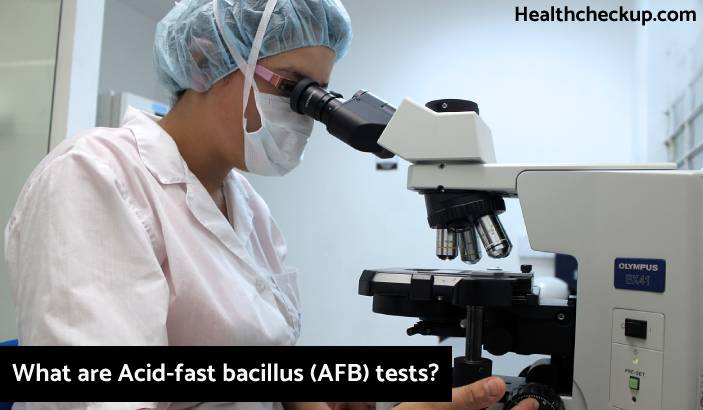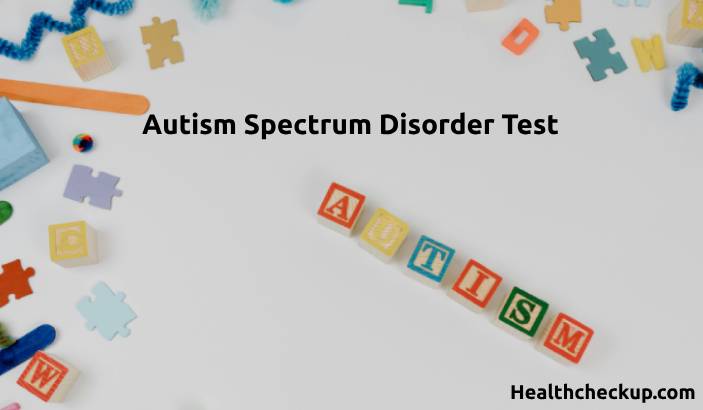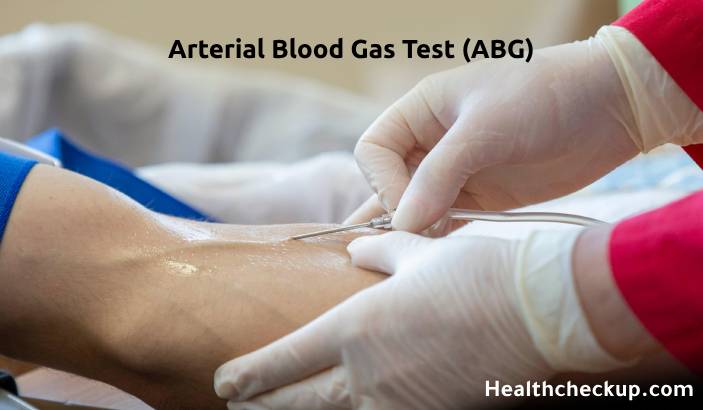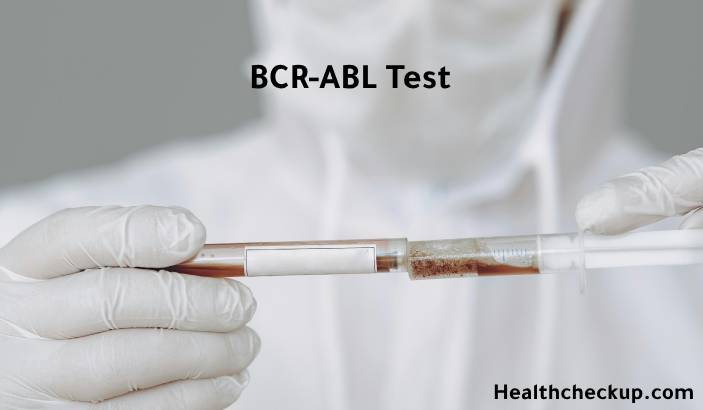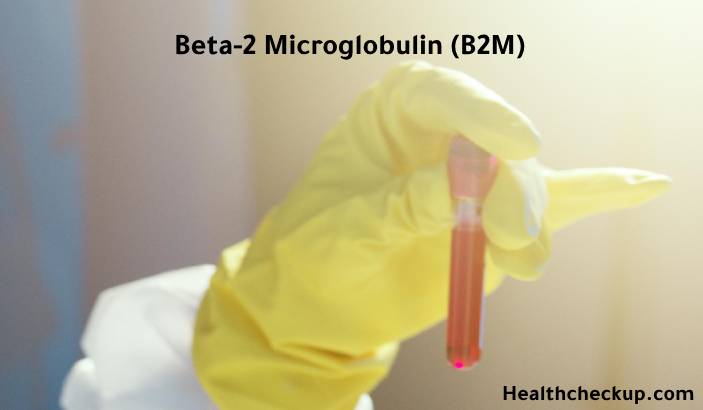Acid-fast bacillus (AFB) tests are a type of laboratory test used to identify the presence of certain types of bacteria in the body, particularly Mycobacterium tuberculosis, the bacterium that causes tuberculosis (TB). There are several different AFB tests available, including the Ziehl-Neelsen (ZN) stain, the Kinyoun stain, and the fluorescence microscopy test.
Purpose:
AFB tests are used to diagnose TB, as well as to monitor the effectiveness of treatment for TB. They are typically used in people who have symptoms of TB, such as a persistent cough, weight loss, fever, and night sweats, or in people who have been in close contact with someone with TB.
Preparation:
No special preparation is required for AFB tests.
Procedure:
There are several different AFB tests available, but the general procedure for AFB testing is as follows:
A healthcare provider will collect a sample of body fluid or tissue, such as sputum (phlegm coughed up from the lungs), bronchial washings, or a biopsy sample.
The sample will be sent to a laboratory for analysis.
The laboratory will apply a special stain to the sample, which will make the AFB bacteria visible under a microscope.
The laboratory will count the number of AFB bacteria present in the sample and report the results to the healthcare provider.
Results:
A normal result for an AFB test is negative, meaning no AFB bacteria are present in the sample. A positive result means that AFB bacteria are present in the sample.
The results of the AFB test will be available within a few days. The healthcare provider will interpret the results and determine if further testing or treatment is necessary.
Risks:
There are minimal risks associated with AFB tests. Some people may experience minor discomfort or pain when the sample is collected, but this is generally minimal.
It’s important to follow the recommended testing and treatment guidelines for TB and to inform your healthcare provider of any symptoms you may be experiencing. Early diagnosis and treatment of TB can help prevent the spread of the disease and improve outcomes.


